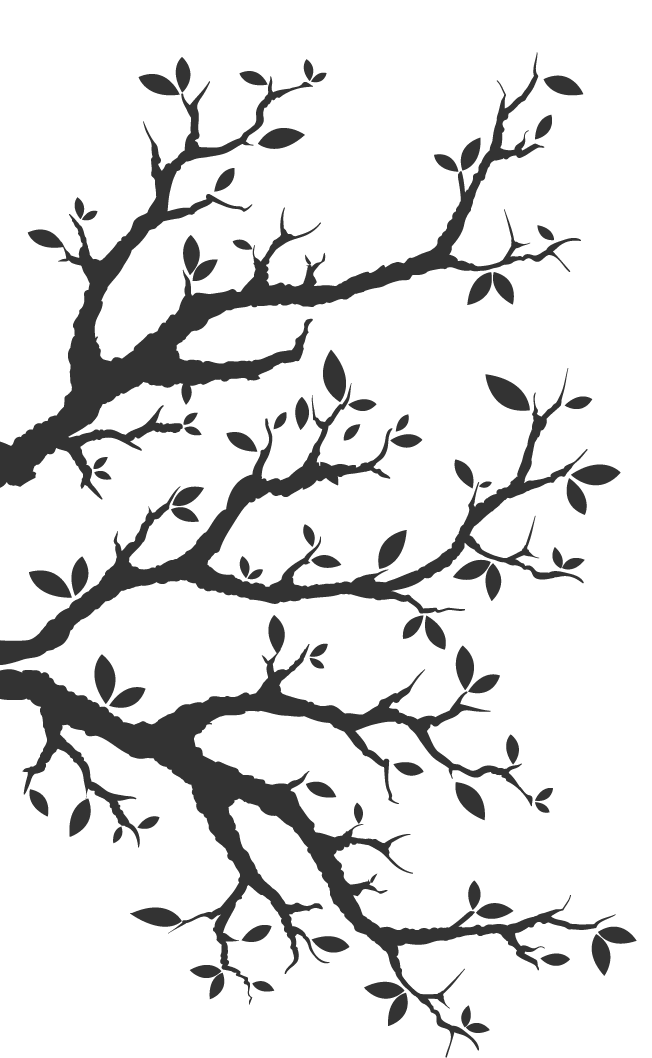Our History
Our Program was founded in March 2001 by the director Gunther Rosenstock. After six years we opened up the Dolphin Ranch Program officially. We currently have 3 staffed resources working with youth and 2 resources for adults with disabilities.
Read More


Our Philosophy
Move toward a richer, more rewarding life.
Whether you are struggling with a particular issue, or just can’t shake the feel in that there should be more to life, Dolphin Adventure Experience Ltd. can help.
We provide a caring environment in which you can identify and explore those issues that may be getting in the way of a more rewarding home life and career, or more fulfilling relationships.
Young teenagers will be encouraged, supported and nurtured. Providing a stable, safe environment for youth in transition is often a key first step in establishing a foundation for them to overcome obstacles and move forward in a positive way.
We offer a safe and caring environment and offer support, encouragement and ideas for youth who are often not involved in school or community programs. The four bed boys home offers behavioural assessments and contact with professionals to help provide stability during crises and transitional periods in a youth’s life.
Read More
Our Program
Dolphin Ranch Program takes up to four youth from the local area into a farm setting six hours north of Vancouver to teach them new skills and give them a chance to have a look at their life from a distance. Reflecting often seemed easier away from common grounds like school, friends and family. The Dolphin Ranch Program consists of four foundations that are built into theyouths daily activities and should prepare them for future school endeavours, employment, social empathy and self awareness.
We use four tools in our program: Work Therapy, Home Schooling, Animal Care and Outdoor Recreational Experience.
The goal of the Dolphin House Ranch Program is to let youth in care experience the outdoors through recreational and adventure experiences that they can later use to reintegrate into settings in the lower mainland.
Dolphin Ranch Program offers a welcoming, safe supported environment for the teenager and the fitting caregivers or parents that offers professional help, innovations, crisis intervention, in a relaxed environment to work out traumatic experiences.
The aim is to bring youth back into the families or help them to find a new fitting family. In some cases create a new life in a staffed resource. The ranch program is a tool that will help individuals to gain confidence, get some reflecting, escape some of the pressures, discover new sides, learn how to care, find alternatives for substance abuse, create a new self image, get to know yourself, get to know your parents, your new parents, your staff or reflect on your past time in a new resource, restart.
Read More

